Search Results
Showing results 1121 to 1140 of 1648
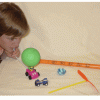
What is Energy?
Source Institutions
In this exploratory activity, learners experiment, observe and determine how various toys change from one form of energy to another.
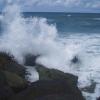
Modeling Tidal Action
Source Institutions
In this activity (Lesson 1), learners work in groups to create tide simulations.
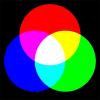
Three Colors of Light
Source Institutions
Have fun with additive mixing! Observe what happens when the three primary colors of light--red, green and blue--are mixed together, resulting in white light.
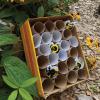
Pollinator Play
Source Institutions
In this activity, learners will build a bee hotel for pollinators. Learners will explore building and ecology through this activity.

Magnetic Lines of Force
Source Institutions
With a magnet, iron fillings, and a bottle, you can create a cool demonstration about magnetic lines of force: the fillings will arrange themselves within the magnet's magnetic field.
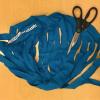
T-Shirt Transformation
Source Institutions
In this activity, learners will repurpose an old t-shirt to create their own yarn or string.
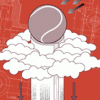
High Rise
Source Institutions
In this design challenge activity, learners build a tower that can support a tennis ball at least 18 inches off the ground while withstanding the wind from a fan.
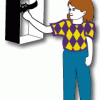
Afterimage
Source Institutions
In this activity about vision and optical illusions, learners conduct a simple test to demonstrate how our eyes create "afterimages." Learners stare at a black cardboard bat for at least 30 seconds an
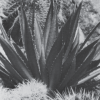
Cactus Wheel
Source Institutions
In this outdoor activity/field trip, learners explore the concept of population density.
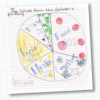
Going Green
Source Institutions
In this activity, learners conduct a waste audit and use their findings to implement a plan for reducing trash.
Many Seeds: Estimating Hidden Seeds
Source Institutions
In this activity, learners will estimate how many seeds are in a fruit or vegetable, then count to find out. The result: mix estimation with healthy eating.
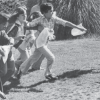
Population Game
Source Institutions
In this outdoor game, learners simulate a herd of deer trying to survive in an area called the "home range." Learners explore the concept of "carrying capacity"—what size population of an organism can
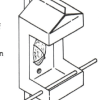
Bird Feeder
Source Institutions
In this outdoor activity, learners construct bird feeders and set them up at to investigate bird behavior for one or two weeks. Multiple feeder designs are suggested.
Mystery Jars: Make Your Own: Estimating and Counting
Source Institutions
Learners make a counting/estimating jar to exchange with friends or bring home.
Splitting White Light
Source Institutions
In this optics activity, learners split white light into all its component colors using three household items: a compact disc, dishwashing liquid, and a hose (outside).
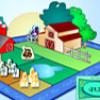
Bet the Farm
Source Institutions
This is an online game about the complexities of farming. Learners will "draw" cards and make decisions about how to take care of their farm.
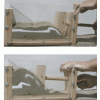
The Squeeze Box
Source Institutions
In this geology activity learners build a "squeeze box," which allows them to compress layers of sediment. This is a great way to investigate folding and faulting in the Earth.
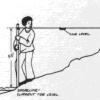
Beach Zonation
Source Institutions
In this outdoor, ocean-side activity, learners investigate the distribution of organisms in the upper region of the intertidal zone.
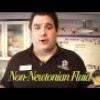
A Slime By Any Other Name
Source Institutions
This fun video explains how to make a batch of oobleck (or slime) and why this special substance is known as a "non-Newtonian" fluid. Watch as Mr.

Gearing up with Robots
Source Institutions
In this activity, learners experiment with gear motion to understand how gears work to change the amount of force, speed, or direction of motion in machines.
